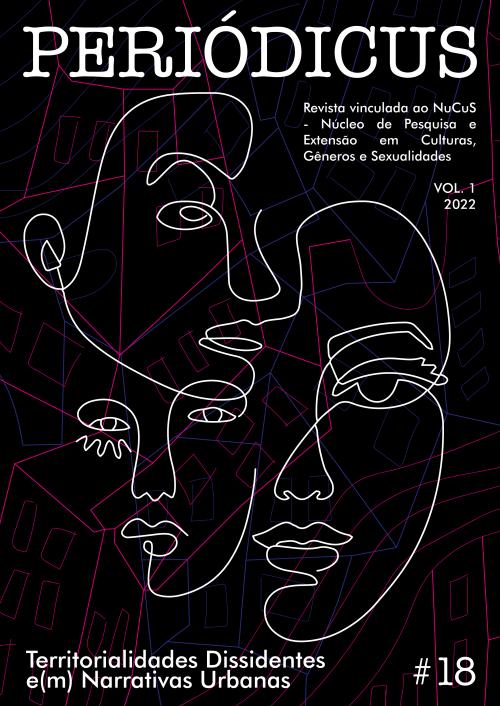About soccer, superheroes and superheroines: Episodes from the memories of a remembered child
DOI:
https://doi.org/10.9771/peri.v1i18.48807Abstract
This is a translation of an autoethnographic essay. In this essay, the author remembers episodes of his queer childhood and, critically, analyzes how superheroes and superheroines, represented in the most diverse media, were important for him to face the hegemonic masculinity imposed by soccer. The text features illustrations made exclusively for this essay by the Spanish artist José Manuel Palenzuela. Concerning queer language terms, my translation proposal was not to translate them, not to domesticate them, and not to italicize them, as a strategy of resistance and subversion, based on the same principles defended by the author, who, like me, is a translator and researcher in Translation Studies. Furthermore, I tried to eliminate the "universal masculine", which is present in both Portuguese and Spanish languages, through a translation that used, whenever possible, generic terms in Portuguese and, when not, I added the equivalent feminine designation.
Downloads
Downloads
Published
How to Cite
Issue
Section
License
Copyright (c) 2022 Willian Henrique Cândido Moura; Iván Villanueva-Jordán

This work is licensed under a Creative Commons Attribution-NonCommercial 4.0 International License.
Authors who publish in this journal agree to the following terms:
Authors retain copyright and grant the journal the right of first publication, with the work simultaneously licensed under a Creative Commons Attribution Noncommercial License that allows the work to be shared with acknowledgment of authorship and initial publication in this journal, but prohibits commercial use.
Authors are authorized to enter into separate additional contracts for non-exclusive distribution of the version of the work published in this journal (e.g., publishing in an institutional repository or as a book chapter), with acknowledgment of authorship and initial publication in this journal.
Authors are permitted and encouraged to publish and distribute their work online (e.g., in institutional repositories or on their personal website) at any point before or during the editorial process, as this can generate productive changes and increase the impact and citation of the published work (see The Effect of Open Access).








